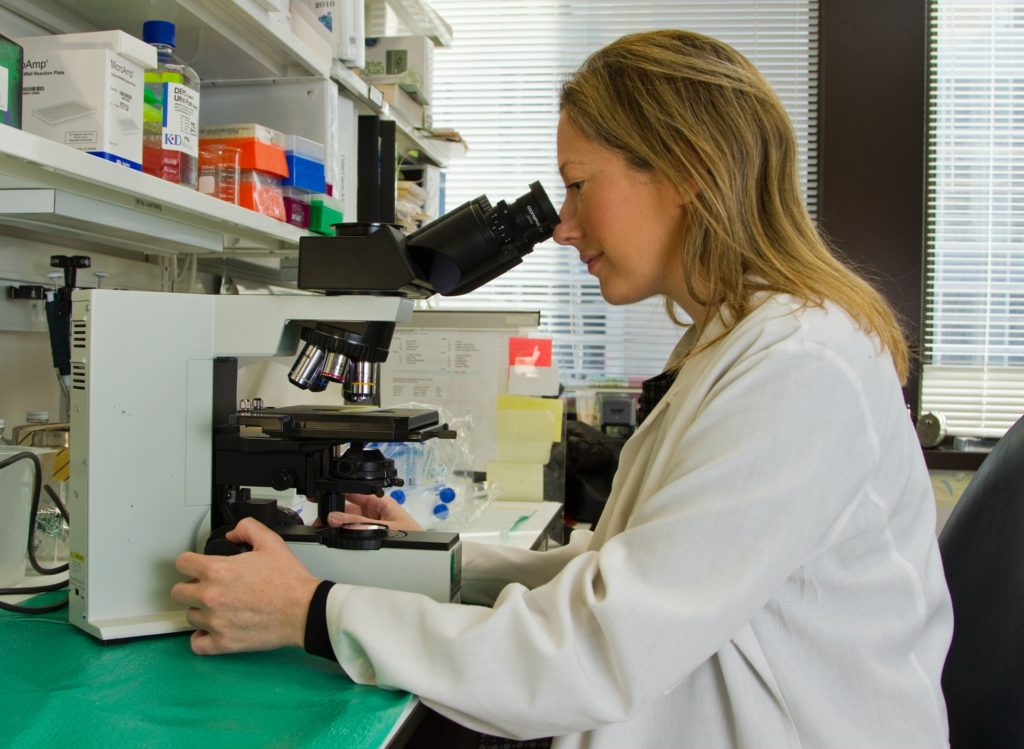Last year saw a 6% drop in the number of cancers diagnosed in Belgium, equivalent to 4,000 cases that went without diagnosis, according to figures from the Cancer Registry Foundation.
The reason: hospitals were so busy in 2020 coping with Covid-19 cases that specialist services were diverted away from their usual business, some of which would have involved diagnosing – and ultimately treating – cases of cancer.
Comparing the figures for 2020 with those from 2019, the Foundation calculated a drop of 6%. But that doesn’t mean the situation is getting better. Quite the opposite.
Two factors were at play. First, hospital capacity was stretched to the limit in dealing with the Covid-19 pandemic.
Second, patients who may have had misgivings about their health situation – a woman who perhaps found a lump in her breast in a routine self-examination, for example – were more reluctant that normal to seek the advice of a specialist, because of the over-arching health situation.
Anyone who visited a hospital in the past 15 months will have experienced the feeling that the place much be a hotbed of infection, despite the restrictions in place.
Despite those sentiments, however, the Cancer Foundation stresses that early diagnosis is the single most effective way to defeat cancer. Early diagnosis catches the disease at an early stage, opens the way to many kinds of treatment no longer available at a later stage, and offers by far better outcomes.
The worst drop in the number of diagnoses, the research shows, happened early in the crisis, in April 2020, when the entire situation was still being clarified, and the country was in the grip of its most severe lockdown.
In June of last year, levels began to reach normal levels, as people became used to the situation and dared once more to visit a specialist.
Later, during the second wave in August-September, the numbers remained normal, except for patients over 80 years.
"During the first wave, non-urgent consultations and examinations were completely stopped," said Nancy Van Damme of the Cancer Registry Foundation.
"That is the reason for the sharp drop. When they started up again, we started catching up. The awareness campaigns, which encourage people to contact a doctor or specialist, also helped."
But the danger is not yet over.
"Vigilance is still advised and when in doubt, a visit to a doctor is recommended. Because with some forms of cancer, the lost time can have serious consequences," warned Dr. Didier Vander Steichel, medical director of the Cancer Foundation.

